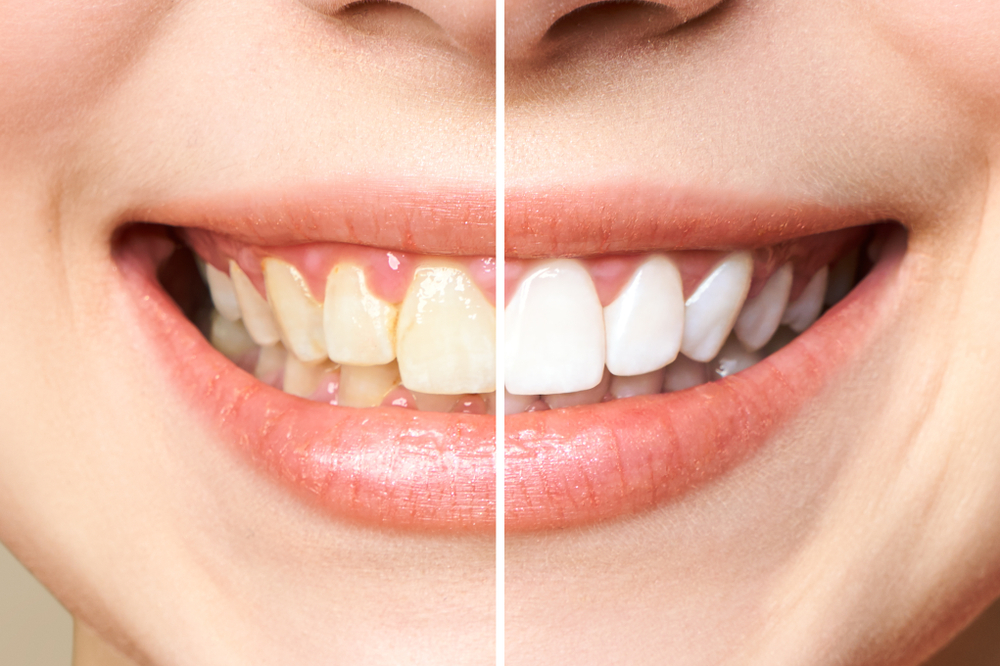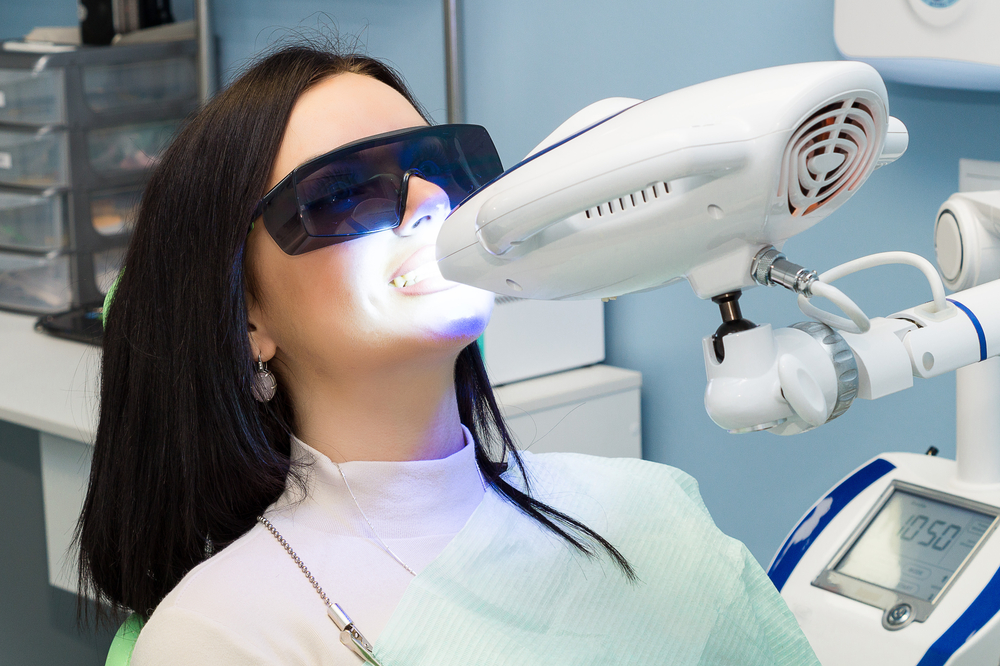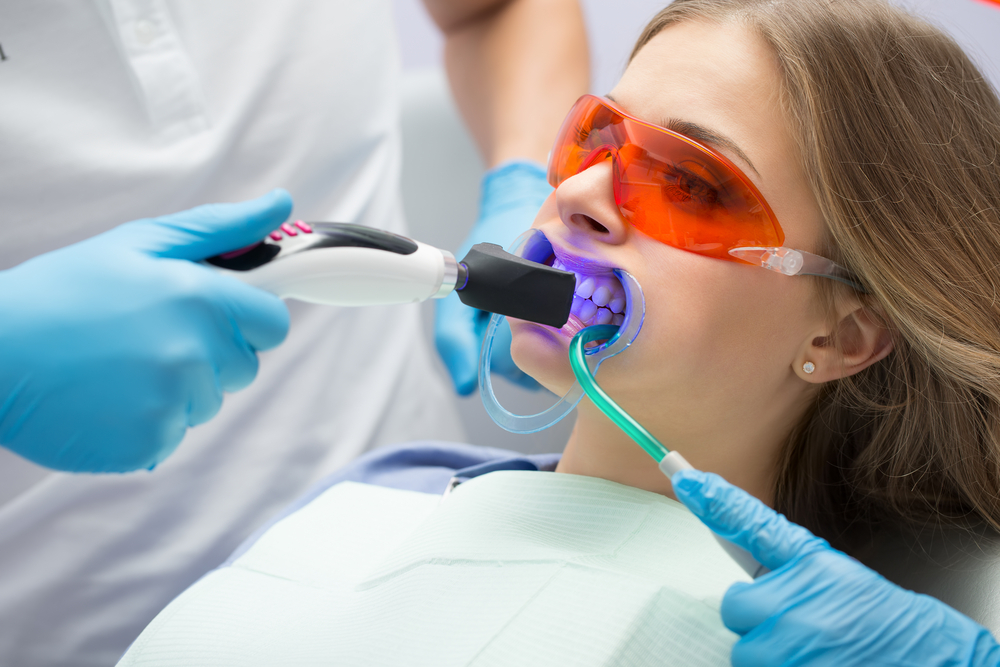Can Teeth Whitening Damage Your Teeth?
Teeth whitening is a cosmetic dental procedure intended to remove stains for a whiter, brighter smile.
It has become an increasingly popular procedure that can be performed professionally in dental clinics or using a variety of different home whitening kits. However, can this whitening process cause damage to your teeth?
The answer is yes and here’s why:
- Hydrogen peroxide used in tooth whitening products can cause damage to your teeth.
- Incorrect use of whitening products can result in damage.
- Over whitening or having teeth whitening procedures performed too often can damage teeth.
- Bleaching can result in tooth sensitivity that is commonly temporary but could become permanent.
1. Hydrogen Peroxide Risks
The hard outer layer of the tooth is called the enamel. Beneath this protective layer lies dentin which is a soft pulp. This soft pulp is darker than the enamel and causes discolouration of your teeth.
In order for hydrogen peroxide to whiten the teeth, it must pass through the enamel and into the pulp.
So it is actually the dentin and not the enamel that is being whitened. This pulp contains the nerves of the teeth and bleaching with peroxide can, therefore, cause tooth sensitivity.
Many people experience some pain and discomfort while the teeth whitening procedure is being performed. However, this sensitivity can continue for days or even longer after teeth whitening. Pain is the body’s way of saying that something is wrong or damaged.
Over and above this, the latest research has confirmed that hydrogen peroxide destroys collagen proteins in the dentin.
It is still unclear whether this destruction can be reversed or if the damage is permanent resulting in dental conditions developing in the future.
2. Enamel Corrosion
Most people are familiar with hydrogen peroxide as a bleaching agent for hair. In fact, it is contained in most hair dyes.
There are strict instructions that come with every hair dyeing kit not to colour hair repeatedly and allow a period of at least three months before recolouring.
Any person who has not followed these instructions knows the extreme damage that regular hair dyeing can cause. It can cause your hair to split and even fall out which are common side effects from the overuse of hydrogen peroxide.
Although the enamel on the tooth is much harder and durable, excessive or regular use of teeth whitening products can cause the enamel to erode.
This is especially true when using bleaching toothpastes that are abrasive and basically scrub the hydrogen peroxide into the enamel. It is always recommended to follow teeth whitening instructions carefully to avoid damaging the enamel of the teeth.
3. Intrinsic Vs. Extrinsic
Intrinsic stains are created by the dentin in the teeth and affect the entire tooth. Extrinsic stains have external causes such as smoking or eating and drinking certain foods and beverages that can result in spots or stains on the entire tooth.
Intrinsic stains can effectively be treated with hydrogen peroxide whitening solutions. However, extrinsic stains affect the enamel and can, therefore, be much more difficult to treat.
To avoid damage to either the dentin or the enamel of the tooth, discuss the various teeth whitening options with a dentist to find one that suits the unique requirements of either intrinsic or extrinsic stains.
There is however an upside to this in that there are safe ways to whiten teeth and avoid the damage that the process can cause. It is highly recommended to only have teeth whitened by an experienced and qualified professional such as a dentist.
You should make sure that your teeth are whitened in stages and wait for the recommended period of time before having another teeth whitening session performed.
If you are searching for a reliable dental clinic in Taylors Lakes Australia for a teeth whitening procedure, then look no further than Gardens Dental.
Gardens Dental offers a full array of dental services in Taylors Lakes and Caroline Springs to help you and your family maintain healthy teeth.
To learn more about our services or make an appointment, please contact us today on (03) 9449 2626 or through our website.



